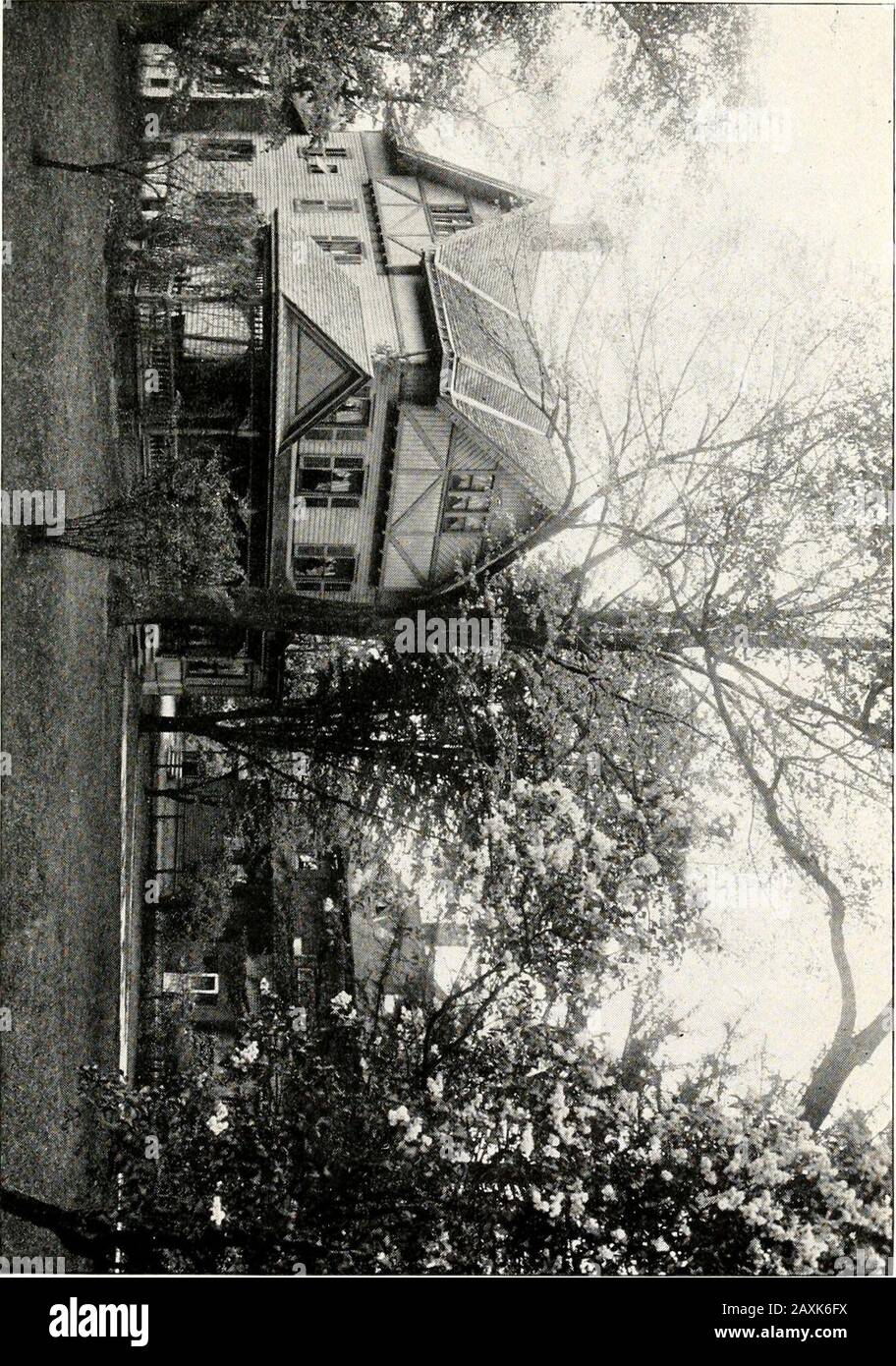Historical records of a hundred and twenty years, Auburn, NY. . every-where was decorated with Hungarian flags and bannersof various kinds to add to the attraction of the occasion.Gen. Jesse Segoine was the marshal and the escort com-prised the Weedsport and the Auburn Guards, membersof the City Common Council and the committee. Theywere met at the station by carriages in which they wereall conveyed to the center of town. Madams Kossuth andPalskzy being taken to the home of Secretary Sewardand^the others were quartered at the American Hotel.The Kossuth Cadets, a boys military organization form

Image details
Contributor:
The Reading Room / Alamy Stock PhotoImage ID:
2AXK6FXFile size:
7.1 MB (748.9 KB Compressed download)Releases:
Model - no | Property - noDo I need a release?Dimensions:
1324 x 1887 px | 22.4 x 32 cm | 8.8 x 12.6 inches | 150dpiMore information:
This image is a public domain image, which means either that copyright has expired in the image or the copyright holder has waived their copyright. Alamy charges you a fee for access to the high resolution copy of the image.
This image could have imperfections as it’s either historical or reportage.
Historical records of a hundred and twenty years, Auburn, NY. . every-where was decorated with Hungarian flags and bannersof various kinds to add to the attraction of the occasion.Gen. Jesse Segoine was the marshal and the escort com-prised the Weedsport and the Auburn Guards, membersof the City Common Council and the committee. Theywere met at the station by carriages in which they wereall conveyed to the center of town. Madams Kossuth andPalskzy being taken to the home of Secretary Sewardand^the others were quartered at the American Hotel.The Kossuth Cadets, a boys military organization formedabout that time by Gen. William H. Seward, then a boyof twelve, occupied a conspicuous position in the demon-stration. Hon. Benjamin F. Hall delivered the address of wel-come at the American Hotel and in the afternoon GovernorKossuth delivered an address at the Second PresbyterianChurch. The party remained in Auburn until Sundaynight. Governor Kossuth left Auburn bearing thegenerous sympathy of the citizens and a purse of cash. •ffios M O13 sr H C < H. tkei^ewyoiip:]. UC LIBRARY | Tl. HUNDRED AND TWENTY YEARS 191 ERASTUS CASE Erastus Case, one of the distinguished residents ofAuburn, was born and grew to maturity in New England.The family was of English descent and in the family ofElish Case, his father, there were six sons all of whombecame active and prominent in various lines of endeavor. Erastus Case became a resident of Auburn in 1843, purchasing at that time the residence on Washingtonstreet known as the Dr. Willard residence. He was thenpast middle life and actively identified with many largeconcerns and enterprises which had been successful tothe point of great wealth making. From 1843 to thetime of his death in 1857 he was one of the conspicuouscaptains of industry in the western part of the state.He had large interests in Chicago and also in some of thetrunk line railroads. Mr. Case married in Connecticut, Mary, daughter ofCol. Theodore Pittibone. They had two c